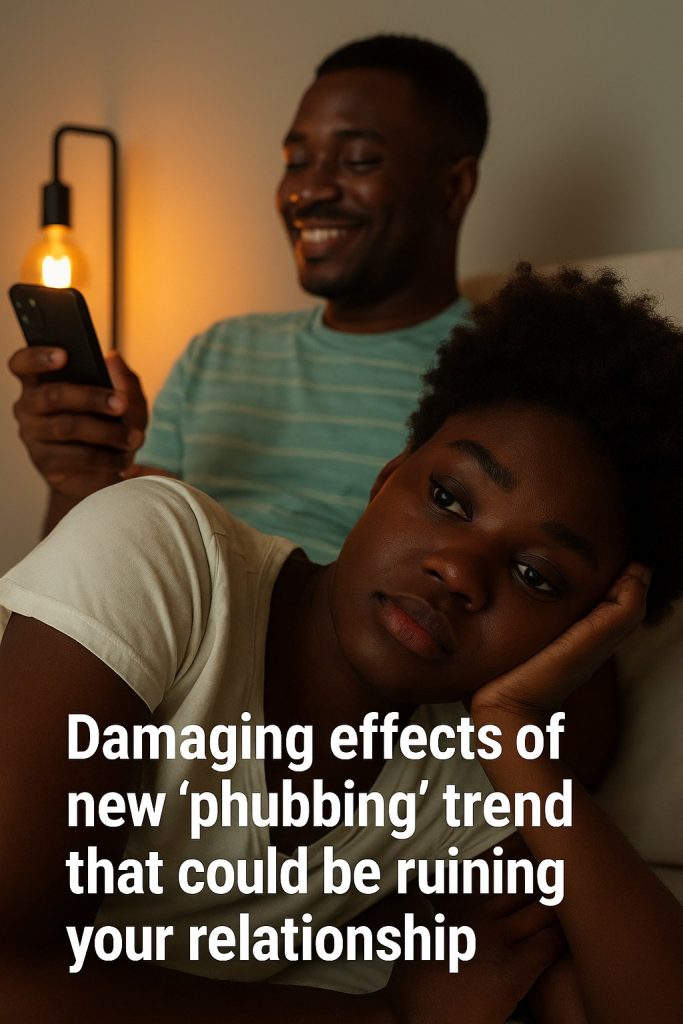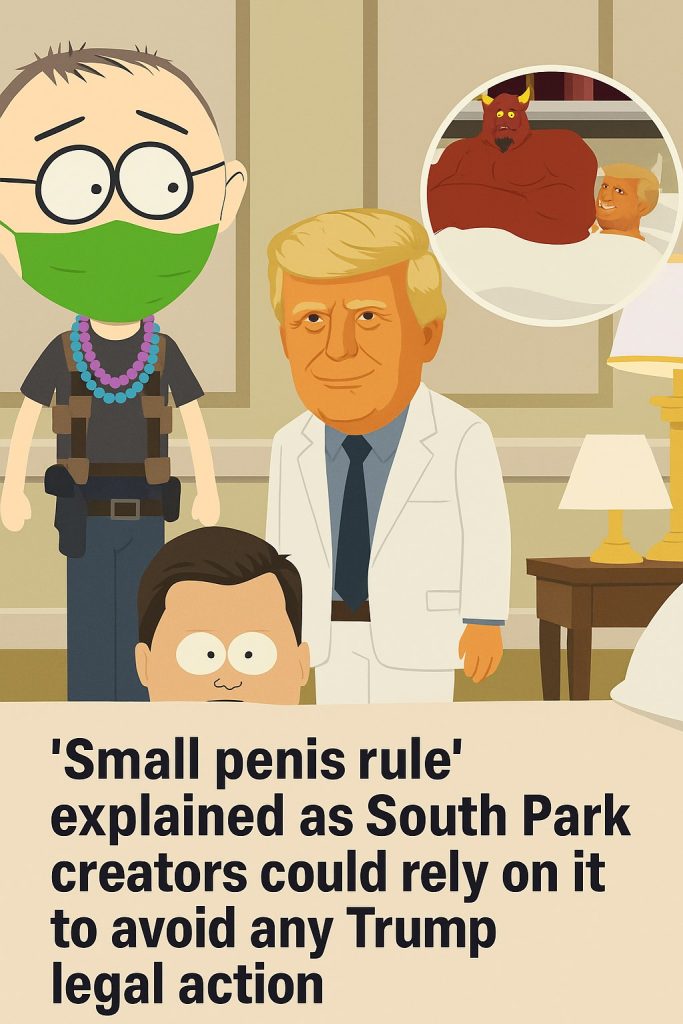As smartphones become ever more integrated into daily life, a new social behavior dubbed “phubbing”—the act of snubbing someone in favor of a mobile phone—has surged in prevalence. Experts are now raising alarms about the damaging effects this trend could have on personal relationships, with the latest research underscoring its potential to erode intimacy, trust, and communication.
The phenomenon of phubbing subtly infiltrates moments that should be dedicated to face-to-face interaction. In 2024, psychologists and social scientists emphasize that while technology offers immense benefits, the unintended social costs are growing more apparent. “Phubbing can be a silent relationship killer,” notes relationship expert Dr. Maya Evans. “When one partner constantly pays more attention to their phone than the person they’re with, it creates feelings of neglect, rejection, and diminished self-worth.”
Recent studies illustrate just how pervasive and destructive the impact can be. A 2024 survey involving thousands of couples reveals that nearly 60% reported experiencing phubbing behavior at least once a week. Of those, 70% admitted that it led to arguments or feelings of frustration. More troubling, ongoing phubbing was linked to lower relationship satisfaction and increased likelihood of breakup or separation over time.
What makes phubbing particularly harmful is its subtlety. Unlike overt conflict, phubbing often goes unaddressed because it can be mistaken for normal phone use. This neglect can accumulate, causing partners to feel emotionally disconnected without fully understanding why. Experts warn that tech distractions, if not consciously managed, can quietly erode the foundation of trust and mutual respect within intimate relationships.
In addition to personally felt consequences, phubbing can affect social behaviors beyond couples. Experts explain that this trend hampers empathy and active listening skills, which are critical for healthy communication. “When attention is split or diverted by screens, the quality of social interactions deteriorates,” explains communication specialist Dr. Luis Ramirez. “This can ripple out and negatively impact friendships, family bonds, and professional relationships.”
Experts urge couples and individuals to take proactive steps to combat the growing phubbing epidemic. Suggestions include setting specific “phone-free” times during meals and gatherings, turning off non-essential notifications, and consciously prioritizing presence and eye contact. Some couples are even creating mutual agreements to limit phone use to foster deeper connection.
Emerging apps designed to monitor and limit phone distractions also show promise as tools to raise awareness about phubbing habits. However, specialists emphasize that technology alone cannot replace active communication and empathy development.
Ultimately, the warning from experts in 2024 is clear: the increasing normalization of phubbing poses a genuine threat to relationship health. As the world grows ever more digitally connected, the risk of becoming emotionally disconnected from those closest to us also rises.
“We must be intentional about how we use technology,” says Dr. Evans. “Prioritizing real human interaction isn’t just good for relationships—it’s essential for emotional well-being.”
Recognizing phubbing as a serious social issue is the first step toward reversing its harmful effects. By fostering awareness and encouraging mindful engagement, individuals can reclaim quality connection in an era dominated by screens.



